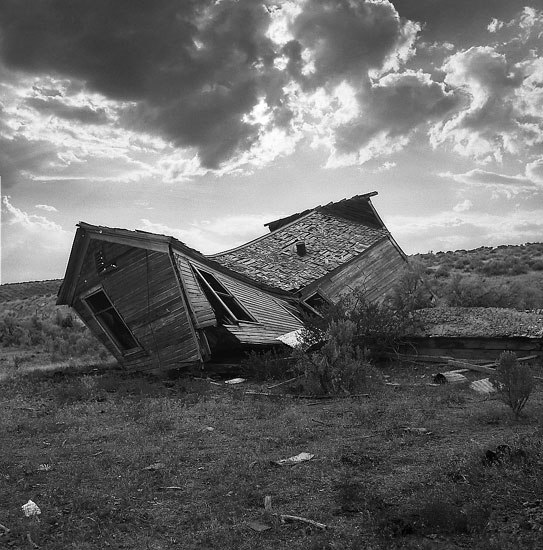My only problem with him is that he is wrong. In his now famous TED talk he discusses how schools "kill" creativity and he misses the mark by a wide margin. Yet, there is an almost cult-like following around these types of ideas. Why? I think one of the reasons most people drink the Ken Robinson Kool-Aid is because they want to believe that his theory is true.
I can remember what it was like to be a 4th grader, looking out the window wishing I could climb trees and break empty bottles against the bricks rather than learn long-division. When I was in 4th grade, I didn't see more than 5 minutes into the future. Most kids don't. That's why we rarely give them credit cards, drivers' licenses or real swords. Kids learn about consequences and predicting the future as they experience life and the wisdom of experienced people around them. That's a process most people describe as becoming more mature, becoming wiser, gaining a deeper understanding of the world. It's all good.
Even though we learn on an intellectual level why education is important as we get older, we are forever biased emotionally in favor of recess over chemistry class. Unfortunately we are also emotionally biased to believe people who say things like, "Every child is an artist. The problem is how to remain an artist once we grow up" and "Creativity now, is as important in education as literacy," to which he received a loud round of applause. Why mention the applause? The reason is that it helps you see that the crowd came into the talk wanting to believe it. They came in emotionally biased in favor of the premise being true. They applauded the title of the talk before they heard the arguments presented for our scrutiny in the talk.
"Every child is an artist" is attributed to Picasso, but when Robinson quotes him it seems like such a provocatively optimistic thing to say, right? All children being artists sounds great, doesn't it? If you are emotionally neutral on the issue though, it doesn't pass the sniff test. Our judgment of a 5-year-old's painting is emotionally overwhelmed by feelings of pride, fuzzy happiness and the desire to encourage that child. We are rooting for the child. This is what makes us human. However, if you judged the painting from an objective, emotionally neutral position you wouldn't have many nice things to say about it.
If you were objective and emotionally neutral, you might rephrase Picasso and Robinson and say, "Almost every child is a terrible artist, but we love them for trying. The problem is that some realize they are terrible and they stop trying, while others learn, practice and eventually become really good." That is certainly less likely to end up the title of a TED Talk, but it is an intellectually honest and defensible position to take.
Go into a Kindergarten class and look at the pictures on the wall. Look at them objectively. Then go into the art class at your high school. Look at the work the Sophomores and Juniors do. Look at it objectively and compare it to the kindergarten art. Not only do the older students have more skill, but their art is profoundly more creative. Much richer storytelling in the shadows and facial expressions. Much more art about abstract things, much more art about things that aren't in their living room. The more art classes a child takes, the more creative they become.
Compare that Sophomore in high school to an art major at your local college. By the time a child reaches college age, the 14+ years of school must have almost completely destroyed them according to Robinson's theory. But the very opposite is true. The art major has had their view expanded. They have had their skills expanded. They have learned to apply original ideas to various mediums to express deep emotion. Think of what an art major could have done with this "cat (pig?) with girl" picture:

Can teachers do a better job of delivering constructive criticism?
Sure. I know I could use an upgrade in that department.
Should we work to ensure that at the very least we don't discourage kids from trying?
Yes, absolutely.
Do schools kill creativity?
I'd say obviously not.
There are a few other huge holes in his theory and his logic, but it is certainly entertaining. Sir Ken is a very funny guy and had the crowd eating out of his hand (before he took the stage unfortunately) and is a model of how to give a good lecture. I think there are kernels of truth in many of the things he says, but if you watch it as an objective judge and not an emotional fan stuck in a 4th grade mindset you won't drink the Kool-Aid.




